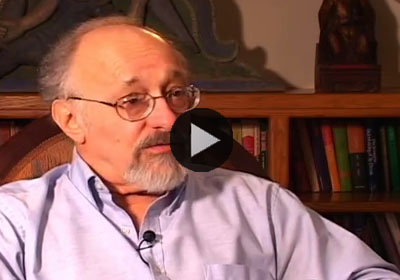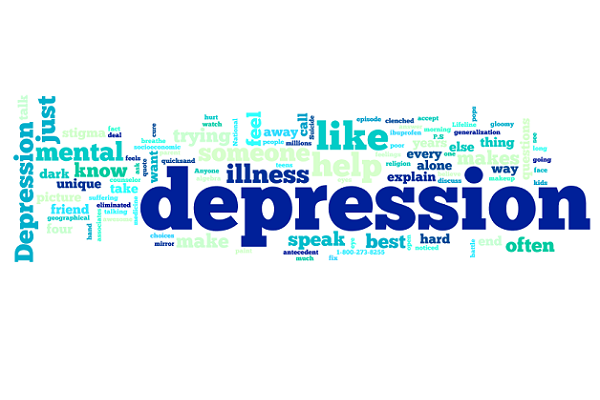Suicide: What Every Mental Health Professional Should Know
…in clinical psychology offer any formal training in assessing the risk of suicide and the treatment of suicidal patients. This means that there is a clear need for more extensive training at the post-doctoral level in the management and treatment of suicidal patients. This Webinar provides an in-depth understanding of the dynamics operating in suicide. The most recent research on assessment, crisis management and treatment will be presented. Clin…
Learn More








